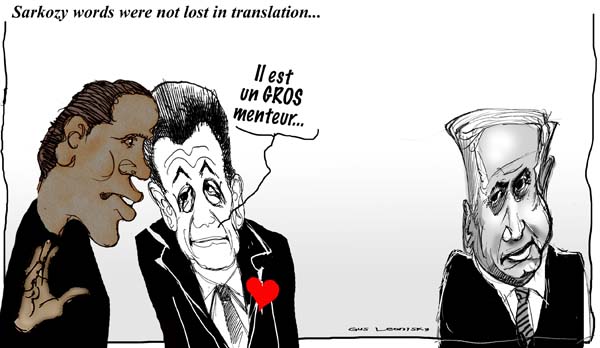Another American FTA Concern
(South Korea) on 6 November 2011
by Kwang-ik Chang (link to original)
At the reception, I spoke with representatives of American business that have been avid supporters of the KORUS FTA for over a year. As I often run into these men and women at other events, we are relatively familiar with one another. Some of them hold an almost religious faith in the KORUS FTA. They must have been very happy when Congress passed the accord. Their expressions at the reception, however, did not indicate much cheer. It wasn’t the worry that the FTA had yet to pass the gauntlet of Korea’s National Assembly. The concern instead revolved around non-tariff barriers, or the perceived Korean consumer discrimination of so-called “foreign brands.”
Then came the conversation about cars. Although Americans acknowledge the progress that has been made, they are still wary of the Korean bias against auto imports. Biases that maintenance costs for foreign cars are tremendous, or that insurance rates are jaw-droppingly high. That car dealers pushing imported vehicles make a habit of swindling their customers. And Americans know all too well about the social prejudice against those who drive foreign cars in Korean streets. Their worries even spilled over to the persistent complaints being filed to the Department of Commerce that American products overall tend to face discrimination in Korea.
During the Korean state visit to the U.S. last month, Presidents Lee Myung-bak and Barack Obama went out to see the GM auto plant in Detroit, Michigan, on Oct. 14. The local media buzzed delightedly over the Detroit Tigers cap sitting atop President Lee’s head and depicted the Korean leader as a true symbol of openness. “If Americans can buy Kias and Hyundais from Korea, then I know Koreans should be able to buy some Fords and Chryslers and Chevys that are made right here in the United States of America.” said President Obama, with the aim to promote American cars in a genuinely open market.
Back to the FTA reception: After parting ways with my anxious American business friends, I came to my own conclusions. I wondered why people in this day and age continued to make such a political fuss over imported cars. Shouldn’t cars be judged on their quality and not their origin?
As I turned to leave the building, I overheard a conversation between two Korean government workers who had been stationed in the states:
“Going back to Korea soon. I’ve got to sell my car.”
“Why would you sell a perfectly good car? Take it back with you.”
“Who likes a public servant that drives a foreign car?”
I was left speechless.

